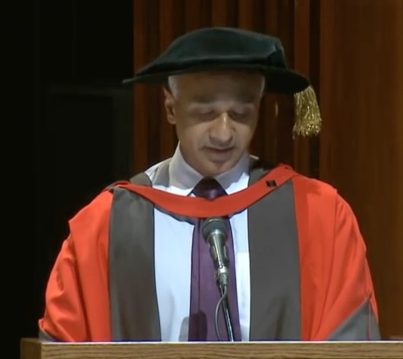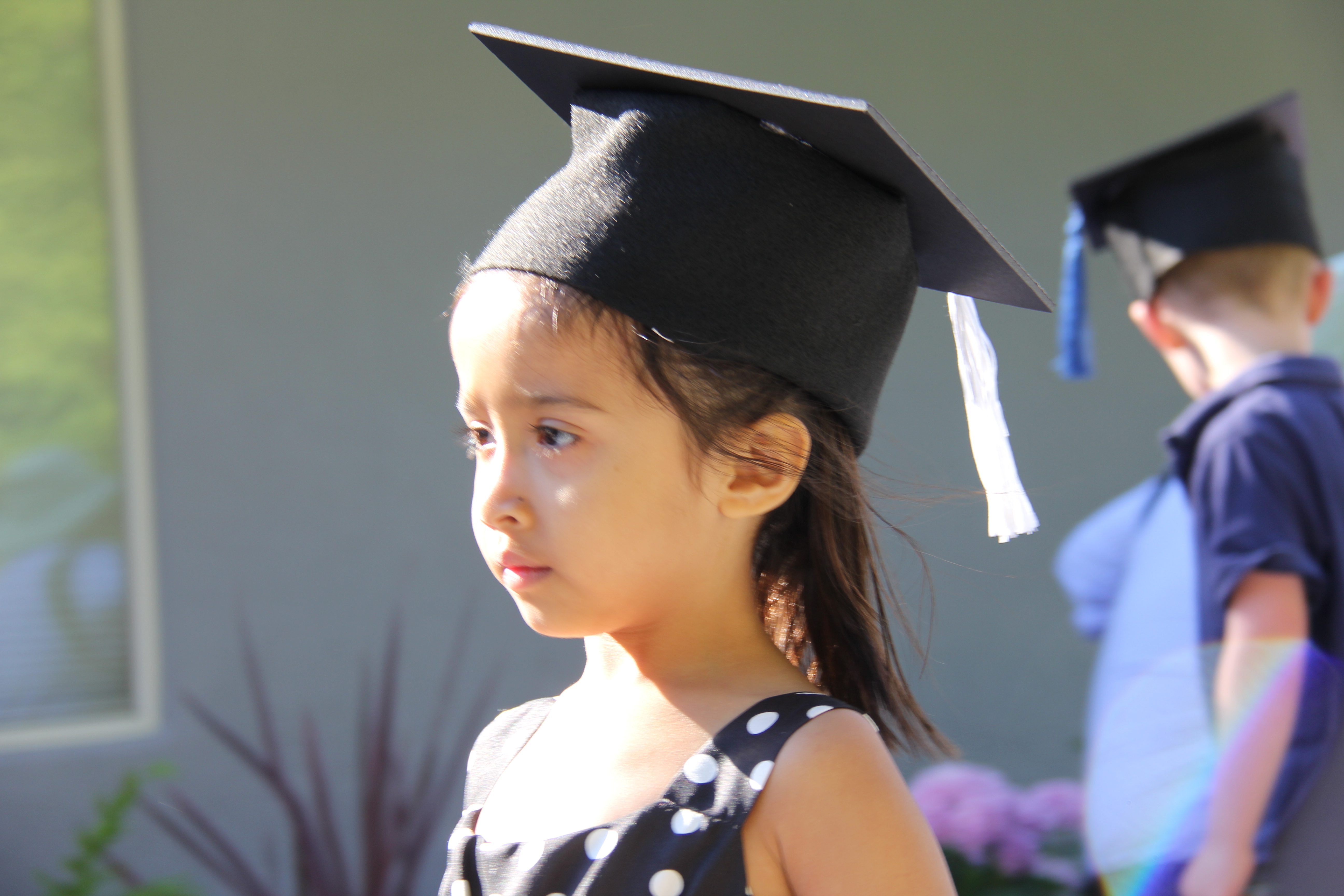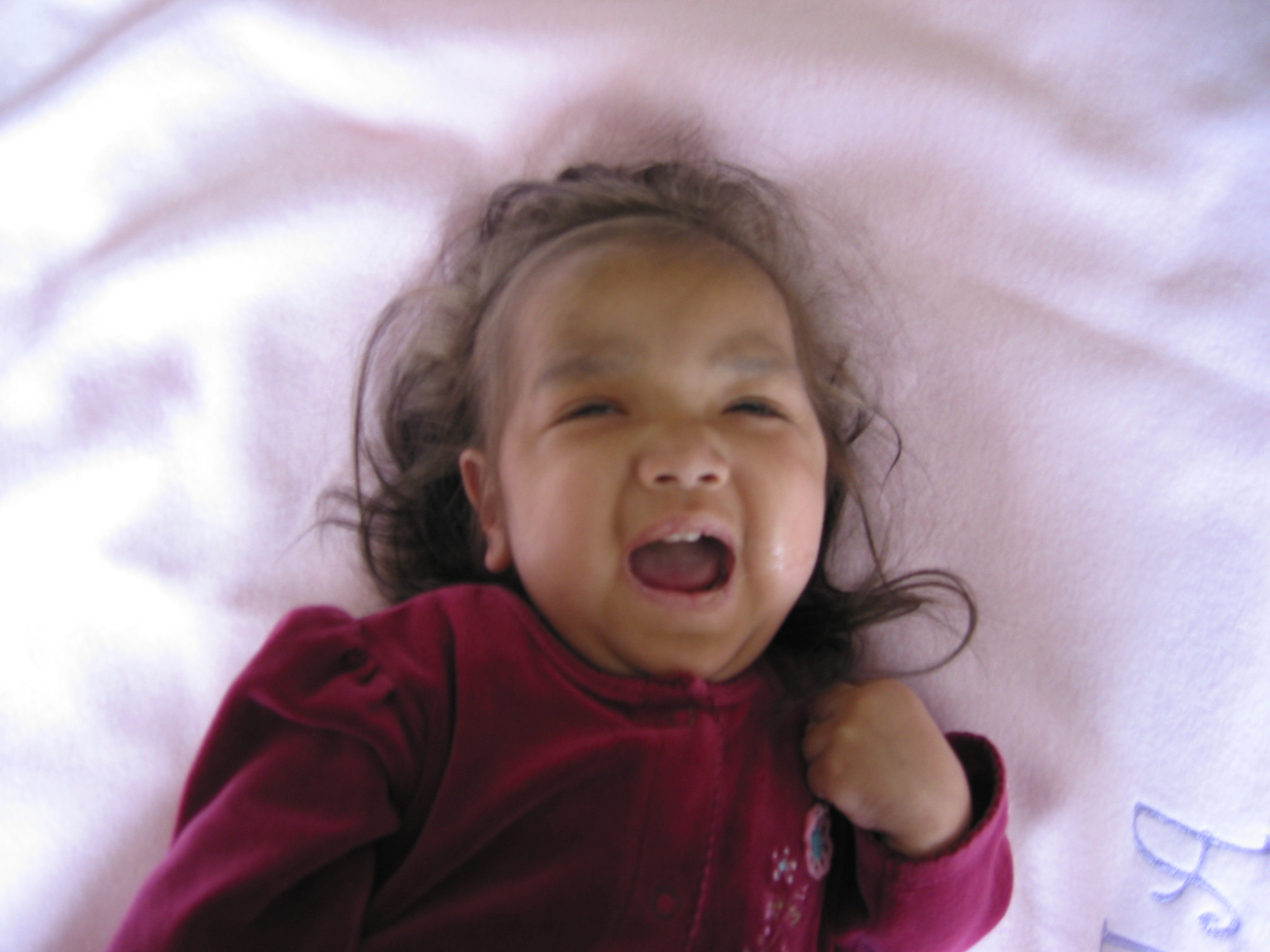In Honor of Laine and Mia – Humility and Empathy

Laine and Mia have utterly changed our lives. A reset. A new beginning. Here are some thoughts spoken to Dalhousie’s graduating class of 2016. Humility and Empathy are important – and both traits, however inherent early on, are further developable. With recognition for what they are, and practice…daily.
Convocation Address, Dalhousie Faculty of Science
June 1st, 2016
Mathai Mammen
Good morning, Dalhousie graduates of 2016! Good morning faculty, parents and friends. My warmest gratitude to Chancellor Anne McLellan, President Richard Florizone – and Dr. Kevin Hewitt – Chair of Senate
The objective I was handed is to inspire you on this, your special day. Some words to propel you forward with the confidence that you deserve as you hold a Dal Science degree; that you can do anything. But I decided that I really don’t need to belabor this message. You are, after all, graduating from Dalhousie and with a Dal Science degree. You by definition are talented, resourceful and have the ability to persevere. You have the ambition and the skills to contribute meaningfully and have impact. Instead. I’m going to tell you about two features that were certainly underdeveloped in me when standing in your shoes.
Let me illustrate the first of these features with a story – There are these two young fish swimming along and they happen to meet an older fish swimming the other way, who nods at them and says “Morning, boys. How’s the water?” And the two young fish swim on for a bit, and then eventually one of them looks over at the other and goes “What the hell is water?”
We don’t know what we don’t know. We are blind to much. We suffer from intellectual and moral overconfidence. We are at risk of outright arrogance, especially on days like today.
Humility is the first of the features I want to discuss. “Humility” comes from the Latin word humilitas, a noun that derives in turn from the word humus meaning ground – humility is therefore “grounded”; today humility has come to define a notion that you are not special. I wish for you to embrace this sense, today of all days. Modern astrophysics teaches us that the universe is vast, and HAS NO CENTER. Therefore… you can’t be it. The opposite of humility is pride and arrogance – these traits generally get in the way of success, and I believe in the way of happiness and fulfillment. Arrogance leads to stagnation, where humility leads to growth. It’s important to know that humility is developable – it need not be inherent, like the color of your eyes or your shoe size. It can be exercised and strengthened. Humility is a key life skill.
I believe that I lacked humility when I stood here 27 years ago, or at least in any developed sense. With conviction, I knew science, especially chemistry, mathematics, physics and biochemistry – after all I was taught by some of the greats, Dr Don Arnold, Russ Boyd, Jim Pincock, MaryAnn White, Jacob Verpoorte, Huntley Blair, and many others. They imparted their wisdom and knowledge on all of us, and we just devoured it – hungrily. What reason was there not to feel confidant. In the couple years that followed my time at Dal, the notion that I was given an excellent education by the faculty here was reinforced even further. As President Florizone said, I left for Harvard and was certainly more than well prepared by Dal for all my classes in chemistry and medical school.
But then I entered the second year of my graduate education with my mentor George Whitesides. I remember going to a Christmas party at his house. I walked in, and his office was to the left of the front door. I was struck that against all the walls of his office were stacked piles and piles of journals, but still in their plastic wrapping. I said to him: “George, what’s the deal?” He responded that he had learned in time that he needed to unlearn knowledge in order to contribute meaningfully and that the stacks were a reminder that he did not want to be biased by the literature. He didn’t want to be biased by the literature? I thought that was nuts – what about the idea of standing on the shoulders of giants? What about respect for genius? What he asked of me was daunting – He asked me to go from zero to one on something nobody had thought about before. And the question needed to be really important. Did not need to be related to anything he worked on now, in fact better if it was not. So I began taking ideas to him, and he would say every time that the idea was “derivative” and boring. He was looking for something new, truly new. I was fairly embarrassed, and that increased with each rejection. Big wet doses of humility. At some point I stopped fighting it, and started truly questioning what I knew. I stopped being biased by what I thought I knew. I started speaking with others, in depth, reflecting. My colleagues in George’s group were highly varied in background, and individually thoughtful but in different ways. The old me would have thought some of these points of view just flat out wrong. The new me, the far humbler me, was now unsure. Through a series of honest conversations, and moments of desperation, we did come up with something cool. Initially I had planned an academic career extending this work, but instead decided to take a left turn professionally and start a company. Theravance got off the ground in 1998. FAN-tastic! Back on track – confidence regained!!
We had a company, we hired talented scientists, and we had funding. BUT, it turned out, that we had no idea what we were doing. But even more amazingly, as I learned over the years – nobody really knew what they were doing. Nobody really knew enough to approach the creation of an impactful medicine entirely logically and reliably. More than 90% of what was tried failed. Immanuel Kant’s “A critique of pure reason” came to mind. I realized that very little about human disease is truly understood – despite what we might learn in school and despite what would appear true by the ongoing genomics revolution, followed by revolutions in proteomics, metabolomics and informatics, we have trouble fixing disease since we don’t truly understand the cause. To impose the right biology and the right time at the right place was rarely possible. Almost every idea I had eventually failed. And for years, over and over again. In time the culture of Theravance took on a collective sense of humility – ideas could come from anywhere – anywhere; hierarchy was meaningless and even counterproductive. Win together. Win Together became a core value of the company. We lived it every day, including the hiring and development process. All statements could be contested and tension should in fact exist with every major decision. Importantly, one should not defer too quickly to so-called experts. Our collective efforts over close to 20 years yielded three medicines for Asthma, COPD and fatal gram positive infections. And 12 more in clinical trials. I know from these two decades of experience that there was absolutely no room for arrogance – arrogance leads to bad decisions, and failure – We needed to win together, enabled by a deep sense of personal and corporate humility.
Let me now turn to the second foundational life skill. Empathy. Empathy is coupled to Humility – empathy flows out of humility, and in fact, empathy is demanded by humility. In business, to work alongside others, one needed to be able to understand another’s perspective – both the what and the why. One needed to get into another’s brains and hearts, and walk in their shoes. Every person will have different backgrounds, different biases; they will be happy one day, and moody and angry the next day; they will exhibit joy, rage, and sadness, they will think deeply at times, and not so deeply at other times. As a flawed human being, to work alongside other flawed human beings, demands empathy. So humility and empathy became my own core values, and how I led the group, and continue to lead groups now at Merck.
On the personal side, empathy became core to good living. The friends I made here at Dalhousie taught me that connections where one mind and heart can know another mind and heart are the basis for happiness. My friends from Dal are among my very best, and have lasted now close to three decades. Some of them, like my classmate Graham Flack, now Deputy Minister of Canadian heritage, is here today. Which I really appreciate! Empathy leads to understanding. Empathy leads to kindness, Empathy leads to respect. Empathy is taking the time to share and understand the feelings of another, and by so doing, we reduce a person’s pain in half -and- double their joy as we share in their successes. For those interested, the wise Brene Brown has a lot to say on the topic.
Now importantly: Some people seem born with the trait, and others like me need to work hard to develop it. BUT: The wonderful news about empathy is that it can be developed. Every day, if you deliberately look at those you meet. Really look at them. What are they wearing. What do their faces say. And listen to them. Really listen. What are the words they are saying and what are they not saying. Feel what they are feeling. In time, I believe your ability to empathize will grow, and will become natural, even effortless. There is some inherent reciprocity that is triggered by being empathetic. A connection. Humanity is ultimately about such connections.
Humility and empathy were important in my education and professional life and social life. But they proved critical, even life saving, in my personal life. This next part is difficult for me to tell you about.
My wife Anna and I were married and had our first child Mathew on Christmas day of the year 2000. Life was wonderful. Our first daughter Mia was born several years later. Life was doubly wonderful, or it was until Mia was six months old and we realized that something was wrong with Mia. She was not developing properly, and was in pain. As you can imagine, my wife and I worked 24/7 to understand what was wrong, working with great doctors at Stanford in California. But despite the months and years of effort, despite the doctors at Stanford, despite both Anna and I being part of the health care system, we could not figure out what was wrong with Mia. Humility. Mia was the sweetest of angels, showing tremendous persistence and grit through her life that was defined often by pain and suffering. Mia died at close to six years old in 2010. What kept us from falling apart, in large measure, was our second daughter Laine, who was born when Mia was three. Laine was a gift – she epitomized empathy in all senses, immediately connecting – deeply connecting – with all people – strangers and family, children and adults. An absolutely special little girl. After Mia died, Laine helped our family by saying and doing what was needed at any given moment. But then stunningly, tragedy struck a second time, and Laine died two years ago of a sudden appendicitis that was too difficult to diagnose despite several trips to the ER. Despite all that training and knowledge held by the ER doctors, Laine died. A nuclear bomb went off. Then silence……We were frozen solid. In the days, months and years that followed, survival, thawing, depended on empathy. Without the mutual empathy felt by us and given by many, I don’t think I and my family would be here today. We were lifted up and cushioned.
Empathy grew to be an essential element of my life. And I believe an essential element of all of humanity.
So I leave you with this: Be deliberate, intentional in developing a strong sense of humility and empathy. Humility and empathy are key life skills. Practice every day. Much flows from empathy that will be gifts both to you and those you love, as you become entangled. Learn from others. Respect – but be aware of blind deference. That requires a combination of humility and empathy. Take on mentors. Getting a mentor takes empathy. Being a mentee takes humility. It goes without saying that you are all capable of genuine impact. Dalhousie has prepared you exceptionally well. You just need to acknowledge what you know, and embrace just how much you don’t know. Despite our limitations and fallibilities, we are together capable of greatness. Humility and empathy are the keys. So go forth and achieve greatness, together.
Thank you, sincerely



